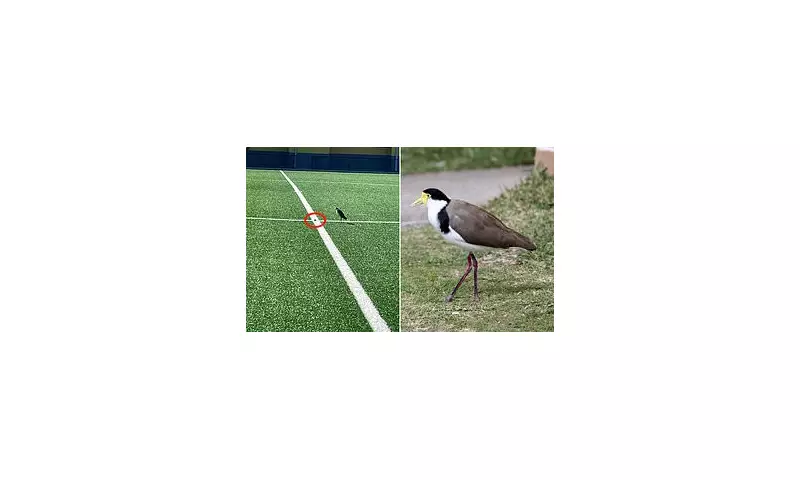
A bustling sports field in Melbourne's suburban Bayside area has fallen silent, its goals unused and its pitches empty. The reason for the unexpected closure isn't a damaged drainage system or poor maintenance, but a remarkably determined and protected feathered resident.
A masked lapwing, a native Australian bird species protected under state law, has brazenly chosen the most iconic spot on the main oval to start a family: the exact centre of the halfway line. The bird laid a single, well-camouflaged egg, effectively claiming the territory and bringing all sporting activities to an abrupt halt.
Conservation Trumps Competition
The Bayside City Council, acting in accordance with the Wildlife Act 1975, made the decision to immediately close the field at King Street in Brighton. The closure is expected to last for a minimum of four weeks, the typical time required for the egg to incubate and for the chick to hatch and become mobile enough to leave the nest.
This decisive action highlights the strict protections afforded to native wildlife in Australia. Disturbing, moving, or damaging the nest of a protected species is a serious offence, leaving the council with no alternative but to cordon off the area.
A Test of Patience for Local Clubs
The extended closure presents a significant logistical headache for local sports clubs, including the Brighton Bowls Club and the Brighton Soccer Club, which rely on the grounds for training and matches. Officials are now scrambling to find alternative arrangements for their players, a challenging task during a busy sporting season.
While understanding the need for conservation, many members have met the situation with a mixture of frustration and bemusement. The bird's choice of location—the very heart of the sporting arena—has been described as both incredibly inconvenient and somewhat poetic.
The Unlikely Pitch Invader
Masked lapwings are notorious for their bold nesting habits, often choosing open, flat areas like parks, school ovals, and even supermarket car parks. They are fiercely protective parents, known for their distinctive screeching calls and dramatic swooping behaviour to deter potential threats from their nests.
For now, the oval at King Street belongs to the bird. The community now faces a waiting game, hoping for a successful hatching so that both the new feathered family and the local sporting one can soon return to their normal routines.





